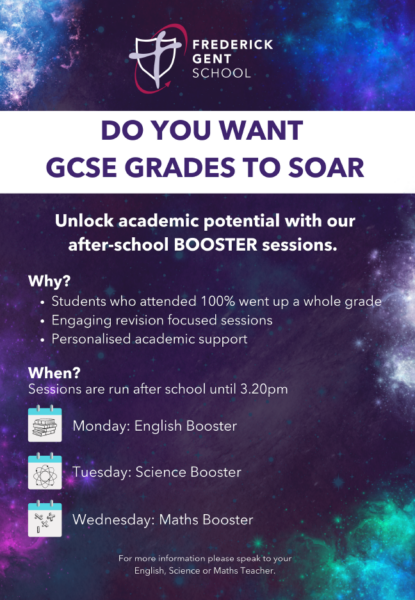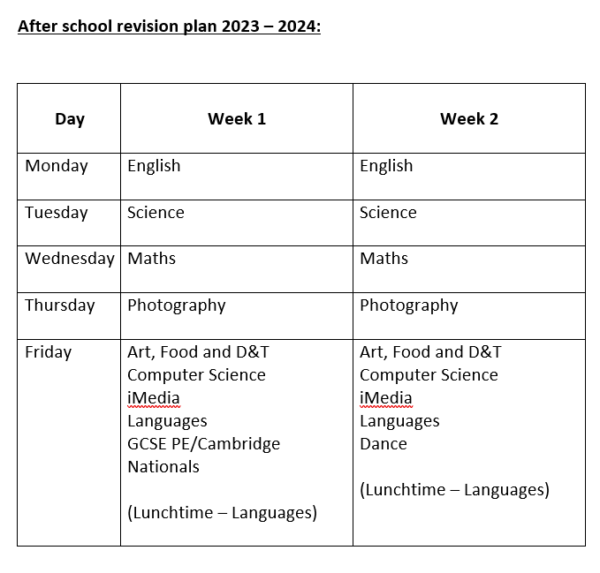WHY REVISE?
Most people are not blessed with what is often called a ‘photographic memory’. In other words, most of us will not remember information after only being exposed to it once. The information that we remember is the information that we constantly have re-enforced, the information that we constantly come back to. Put very simply, you are very unlikely to forget your own name after a lifetime of people using it!
Another very important reason to revise is evidence based. Revision improves results. Those students who revise thoroughly and effectively using a well-organised revision plan always do better in their examinations.
A third reason to revise is that because it will improve your ability to remember what you need to know, revision will also increase your confidence both before and during your examinations. This is vital if you are going to reduce anxiety ahead of your examinations. Don’t get stressed, just get busy!
Finally, revision is all about re-examining the work you have done. If there are bits you just ‘don’t get’ starting revision will identify these parts of the course that you need to go back to ask your teacher about.
HOW DO I REVISE?
It is not unusual to hear students say they don’t know how to revise, despite the work that is done on revision both during lessons and during our drop-down PSHE days.
The reason for this is that effective revision is very personal to the individual. Everyone is different and everyone learns in different ways. The only way to find out what works for you is to try different techniques. This is the reason for the Mock Examinations that we run and the reason why revising for all examinations in school, both internal and public ones, is so important.
Some strategies to try include:
- Flash cards – These have an answer/information side and a question(s) side to both sum-up and assess knowledge.
- Quizzes – Producing short answer tests is a good way to memorise key facts and to assess how well you are doing. You can also flip this by looking at answers and trying to remember the question.
- Past Paper Practice – Past examination papers are readily available on line. They allow students the chance to both become familiar with possible questions and to practice writing answers.
- Knowledge Organiser – Summarising topics onto a single sheet is a good method of both reducing load and re-visiting information.
- Mind maps – The use of images on mind-maps can be particularly powerful for those who find visual prompts useful when trying to recall information.
- Mnemonics – Using the phrase ‘Richard of York gave battle in vain” to remember the colours of the rainbow is a good example of this but it can be used for lots of things where memorising key facts or lists is required.
- Walking/Talking revision – Verbally re-visiting information with a revision buddy is good for those who prefer not to revise alone. This can be linked to Flash Cards and Quizzes but equally could be a verbal response to a past paper question.
If, having tried a range of these strategies, you feel that revision is still not working then please speak to any member of teaching staff at school. There are lots of other strategies to be tried! Remember though, for revision to be at its most effective you need to do it regularly and return to work you have completed throughout your time at Frederick Gent. With revision, repetition is key.
WHAT ROLE CAN FAMILY PLAY?
There is a wealth of academic research that has identified family support as the key to academic success. Put simply, if as a family you value education and learning your child will do better.
Families can support just by encouraging their young people to engage in revision. Talking to them about how they plan to undertake revision is a good starting point. Once that revision is underway talking to them about their topics and the strategies which they are using is really helpful. It also helps if families support with finding a quiet space to work in, this can include removing some distractions!




